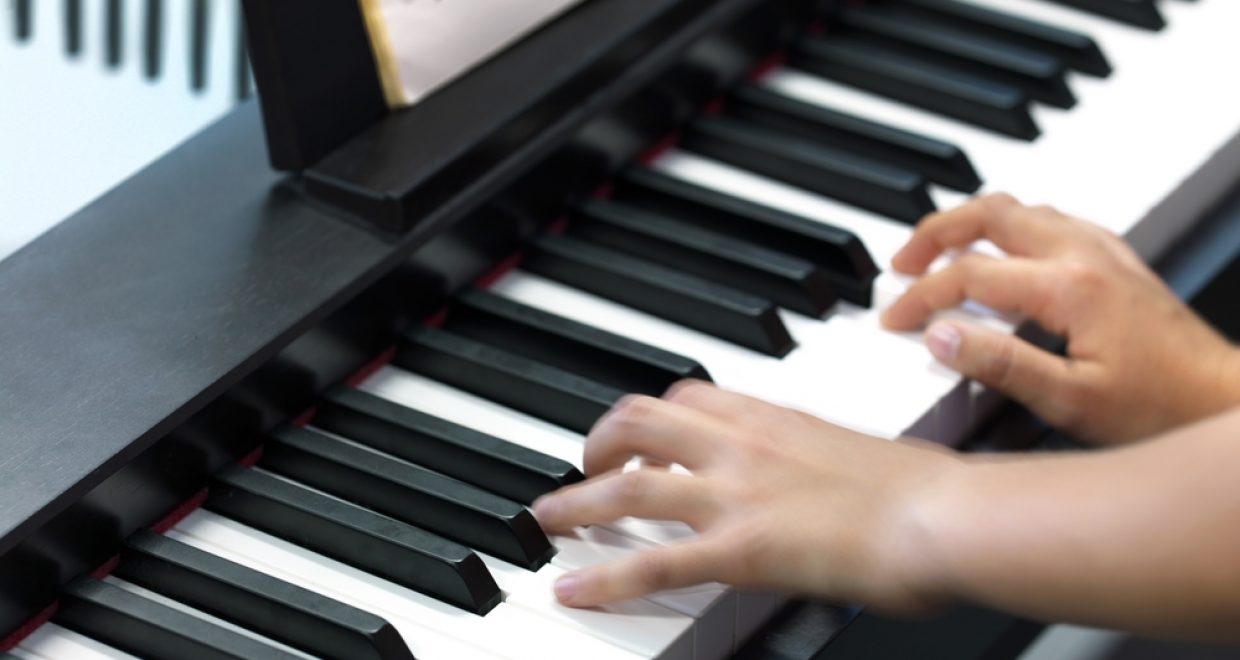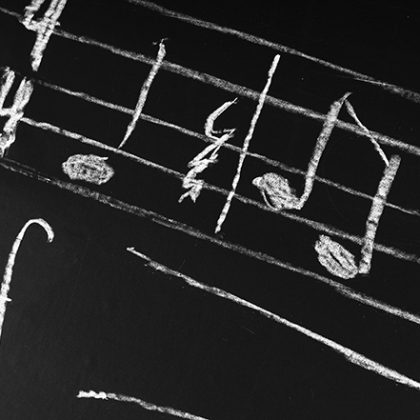Knowledge in Music Education
This blogpost is adapted from the Editorial of British Journal of Music Education 30/2 by Editors Regina Murphy and Martin Fautley.
In the UK at the moment a debate is taking place concerning the place of knowledge in the curriculum. This is being conducted with reference to all subjects currently taught in schools. In England (because each part of the UK has its own National Curriculum), music has not escaped from this debate, and the revised version of the National Curriculum, on which consultation has just ceased, contains a new phrase, wherein pupils are required to ‘listen with discrimination and judgement to the best in the musical canon’.*
This has caused considerable anxiety amongst English music educators. What is the canon? Who and what should be on it? Does my canon look like your canon? Now, of course it would be possible for such a list to be produced, but as Shepherd et al. asked, back in 1977, ‘whose music’ would be on this canon?* The disenfranchised youth of the inner-city, recently motivated by musical futures approaches? The urban multicultural bhangra bands? The suburban kids rehearsing their covers band in a garage? ‘Whose music?’ becomes ‘whose canon?’
But what the Government-fuelled debates can miss is that in music education the very construct of knowledge itself is problematic. Philpott directs our attention to a number of different knowledge types in music education. Drawing on the work of Reid, Philpott identifies three different knowledge forms: ‘knowledge about’, which is factual knowledge, ‘knowledge how’, such as knowing how to play an instrument, or distinguish between sounds, and ‘knowledge of’ which is knowledge by direct acquaintance.*
Many of these nuances are invisible in the current debate, which tends to privilege ‘knowledge about’. For example, David Green, writing in the on-line edition of The Spectator, talks of ‘those educational theorists who have argued that teachers shouldn’t think they have the authority to instruct – they shouldn’t be doing anything so old-fashioned as passing on knowledge’.* This notion of teachers not being concerned with knowledge seems to be an example of a ‘straw man’ argument when it comes to music education: do we meet teachers who report that they do not want their pupils to know about music, know how to play it, or be involved with knowing of its generation and performance?
What has emerged as a dichotomy in many such debates is that of a ‘skills versus knowledge’ positioning argument. In music education many would argue that skills are not acquired at the expense of knowledge, they are a type of knowledge. All of which takes us to another perennial issue in music education. We have long been used to a curriculum built on the triple axes of skills, knowledge and understanding. It is very difficult to make progress in music without acquiring skills. These need to be developed, and lead to concomitant developments in knowledge, which in turn, we hope, will lead to deeper understanding. All of which means that in music education the skills versus knowledge dichotomy is a false one, as both need to be fostered. Instruments – classroom or otherwise – need to be played, songs sung, recordings and live music listened to, and discussions had. Maybe, as in so many other areas, music education is already well ahead of the game, we just need to be more effective in pointing this out to those in power! Music is not just peripheral to a good education, it lies at its heart.
You can read the full Editorial free of charge for a limited period here.
*Click here to view the list of references in this blogpost.
Follow BJME on Twitter @BJMEMusic.






